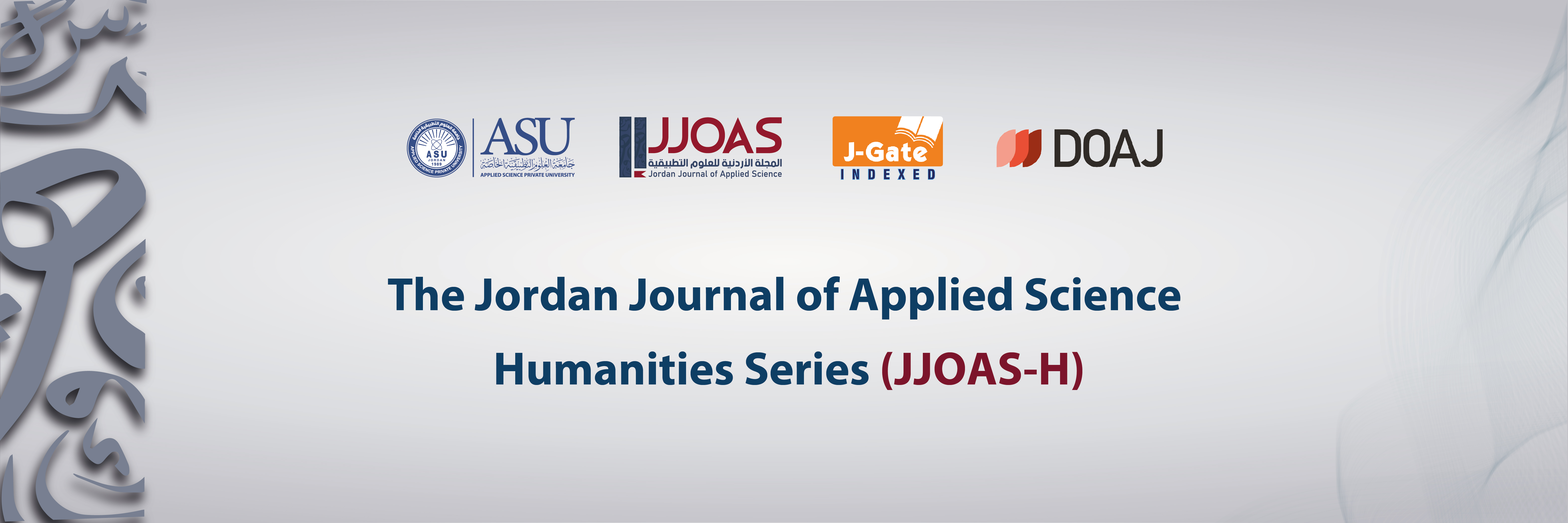
DOI
https://doi.org/10.35192/jjoas-h.v41i1.833
Abstract
This study aimed to investigate the effect of the flipped learning strategy on developing mathematical problem-solving skills among tenth grade students in Jordan and their attitudes towards mathematics. To achieve the goal of the study, the researcher followed a quasi-experimental approach, preparing a test for solving mathematical problems and a measure of attitude towards mathematics as the two study tools, after ensuring their validity and reliability. The data were statistically processed using SPSS. The study sample consisted of 60 students from the tenth grade, divided into two groups. One of the groups was chosen randomly to represent the experimental group, which consisted of 30 students who studied using the flipped learning strategy, while the other group represented the control group, also consisting of 30 students, who studied in the traditional way. The results of the study showed statistically significant differences at the significance level (α = 0.05) between the means of the performance of the two study groups on the post-test for mathematical problem-solving, favoring the experimental group due to the flipped learning strategy. The results also indicated the superiority of the experimental group in terms of attitude towards mathematics compared to the control group. The study recommended the application of the flipped learning strategy for its role in developing students’ mathematical problem-solving skills and fostering positive attitudes towards mathematics.
Recommended Citation
Abdelqader, Mamoun
(2024)
"The Effect of the Flipped Learning Strategy on Developing Mathematical Problems-Solving Skills among Tenth Grade Students in Jordan and their Attitudes towards Mathematics,"
Jordan Journal of Applied Science-Humanities Series: Vol. 41:
Iss.
1, Article 5.
DOI: https://doi.org/10.35192/jjoas-h.v41i1.833
Available at:
https://digitalcommons.aaru.edu.jo/jjoas-h/vol41/iss1/5
Included in
© 2024 by the author(s). This is an open-access article distributed under the terms of the CC BY 4.0 Attribution license.

